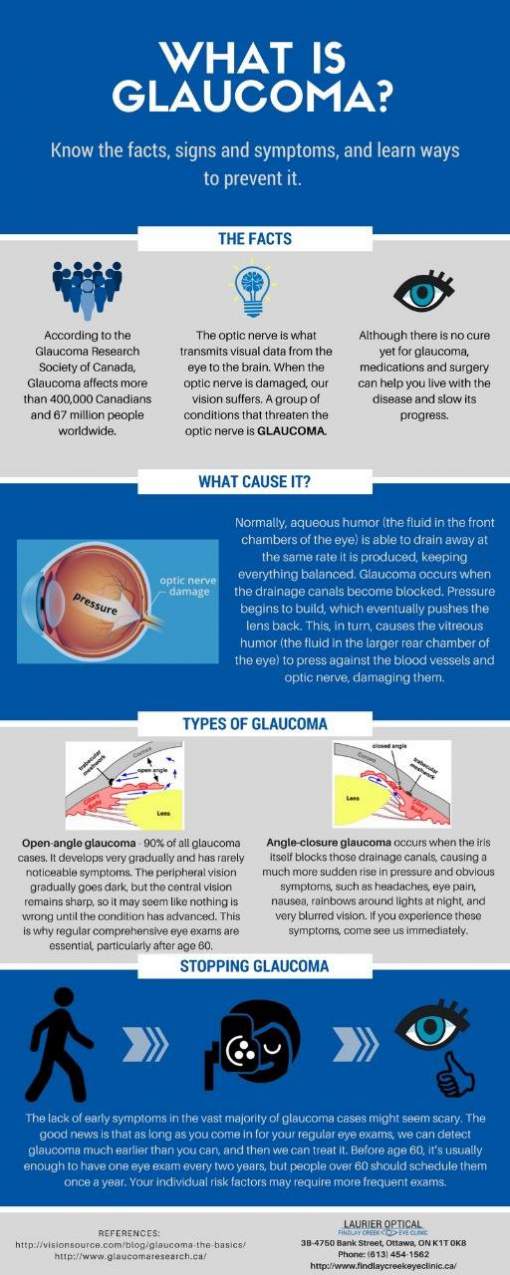Exactly How To Plan For Your Cataract Surgery: Suggestions From Professional Surgeons
Exactly How To Plan For Your Cataract Surgery: Suggestions From Professional Surgeons
Blog Article
Short Article Created By-Smidt Vincent
As you get ready for your cataract surgical treatment, it's important to heed the guidance of seasoned doctors who have actually led many patients with this procedure. From comprehending the necessary pre-operative actions to guaranteeing you are physically ready for the procedure, their insights can make a substantial distinction in your surgical trip. By taking the time to learn from their knowledge, you can approach your forthcoming cataract surgical procedure with confidence and a clear understanding of what to expect.
Pre-Operative Preparations
Prior to your cataract surgical procedure, there are numerous important pre-operative prep work to guarantee the procedure goes smoothly. Your physician will certainly encourage you to stop taking particular medications, particularly blood slimmers, prior to the surgery to minimize the danger of blood loss during the procedure. In addition, you might require to go through a collection of pre-operative examinations, such as blood work and an ECG, to guarantee you remain in healthiness for the surgical procedure.
On the day of the surgical treatment, you'll need to arrange for somebody to drive you home as your vision might be blurry, and you shouldn't drive immediately after the procedure.
Remember not to eat or consume anything after twelve o'clock at night the night prior to your surgery, unless your medical professional advises or else. It's vital to adhere to all pre-operative directions given by your health care group to make certain an effective and secure cataract surgical treatment experience.
Operation Information And Facts
Recognizing the actions associated with cataract surgical procedure can aid minimize any anxiety you may have concerning the procedure.
When you come to the surgical center, you'll be prepped for the procedure by the medical team.
The specialist will administer neighborhood anesthesia to numb the eye area and guarantee you're comfortable throughout the procedure.
A little laceration will certainly be made in your eye to access the lens.
Utilizing https://www.healthline.com/health/icl-surgery , the doctor will separate the cataract and carefully suction it out.
As soon as the cataract is eliminated, a brand-new fabricated lens will be dental implanted in its place.
This intraocular lens will aid restore clarity to your vision.
The entire surgery commonly takes around 15 to thirty minutes per eye.
After the treatment, you'll be kept track of for a short duration prior to being permitted to return home.
The majority of individuals experience improved vision virtually immediately adhering to cataract surgery.
Post-Operative Treatment
Upon completion of your cataract surgical treatment, it's vital to adhere to the suggested post-operative treatment instructions to make sure a smooth recuperation process. Your doctor will certainly give detailed assistance, which typically consists of utilizing recommended eye drops to prevent infection and reduce inflammation.
It's vital to prevent rubbing or putting pressure on your eyes and to use a protective shield while resting to stop accidental call. You might experience some light pain, irritation, or level of sensitivity to light, however these symptoms usually subside within a couple of days.
It's important to attend all follow-up consultations so your surgeon can check your progression and deal with any kind of issues quickly. While you may resume light tasks soon after surgical treatment, strenuous exercise and lifting heavy objects need to be prevented for a couple of weeks.
Final thought
In conclusion, by adhering to the pre-operative directions, undergoing essential tests, and preparing beforehand, you can help make certain a successful cataract surgery experience. Rely on the know-how of your medical care team and deal with on your own both before and after the procedure. With appropriate preparation and adherence to guidelines, you can eagerly anticipate improved vision and a smoother recuperation process.
